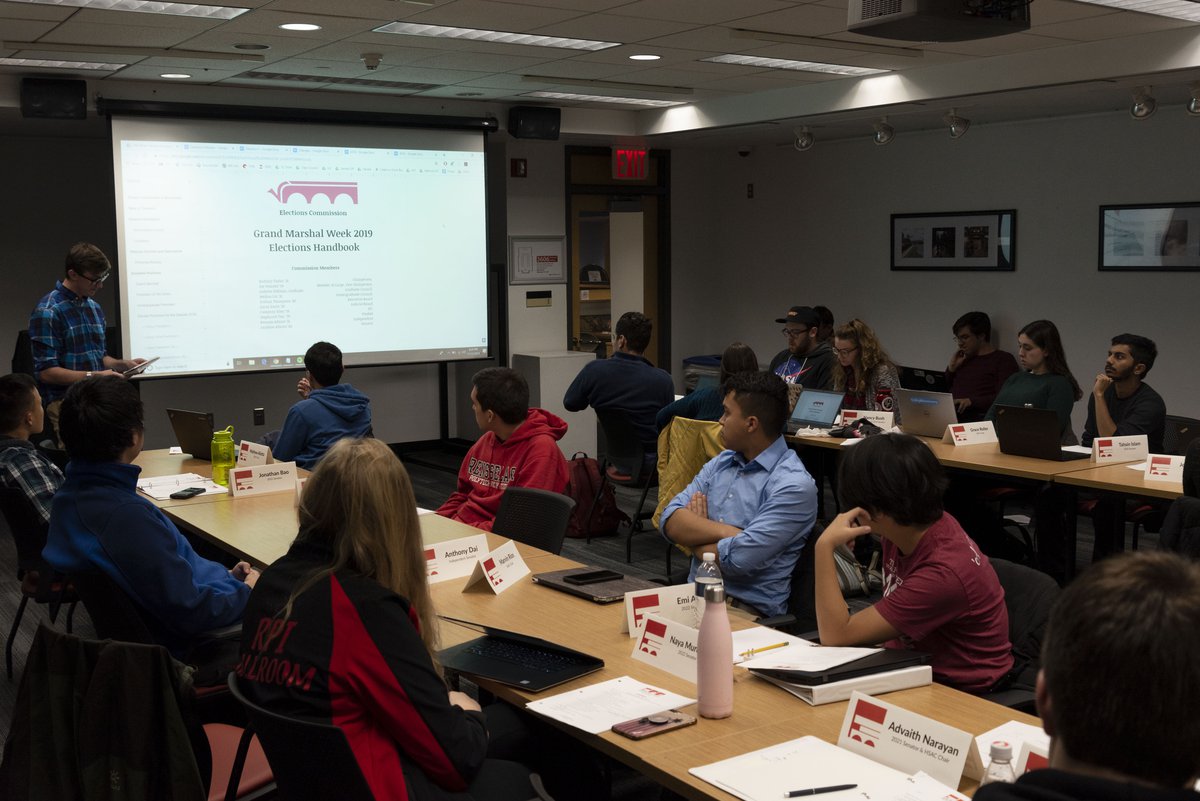Privatized military overdue for change
The date is September 16, 2007. A 20-year-old Iraqi is driving his mother to her clinic in Baghdad during the height of a civil war threatening to tear the country apart. The young man finds himself driving directly towards an armored convoy of paid mercenaries with nowhere to go. The convoy opens fire on the car, killing both him and his mother, and when the white Kia sedan doesn’t stop, they start firing indiscriminately. The mercenaries continue to fire into the crowd of unarmed civilians and even call in helicopter support, purportedly in self-defense. At the end of the 20-minute shooting, there were a total of 17 dead and a further 20 Iraqis injured; none of the mercenaries were hurt.
Those mercenaries were part of an organization known as Blackwater Security Company—a corporation which has since been renamed twice in an effort to distance itself from what came to be known as the Nisour Square Massacre. After a member of the convoy pled guilty in exchange for immunity, five Blackwater guards were charged with 14 counts of manslaughter, 20 counts of attempted manslaughter, and a weapons violation. But on December 31, 2009, all charges were dismissed on the grounds that the case had been improperly built on testimony given in exchange for immunity.
The privatization of military personnel is a worrying trend. The use of private security companies has not only continued, but thrived. Under its new name—Xe Services, and later Academi—the private security company continued to get work, not only with the US government, but with companies like Monsanto, Chevron, Walt Disney, Deutsche Bank, and Barclays.
Even after campaigning against the use of privatized forces, under the Obama administration, the use of Xe’s services doubled in size compared to the Bush administration as they moved from the conflict in Iraq to Afghanistan—and it doesn’t stop there. According to USA Today, the Trump administration aims to increase the use of privatized forces in Afghanistan by a total of “5,500 private contractors, primarily former Special Operations troops, [who] would advise Afghan combat forces. The plan also includes a 90-plane private air force that would provide air support in the nearly 16-year-old war against Taliban insurgents.”
While the war in Afghanistan is very much ongoing and still a very difficult conflict to resolve, the use of privatized military forces—especially ones with such a dubious history—is not the answer. The use of private militaries allows you to fight wars without having to sacrifice the lives and opinions of American citizens. While that might initially sound like a good thing, I would argue that it lowers the risks associated with getting involved in conflict. Rather than going to war or even sending troops to a conflict area like Afghanistan, our government can just send private militaries to do the dirty deeds they need to get done in order to do their job without having to follow many of the rules that our military follows. After all, a military official could be held accountable, but in the event that something goes wrong, like with Blackwater, it’s simply held against the corporation, which can easily rename itself and go about business like any other day.
Another issue with the use of mercenaries is that they are apolitical, and sometimes even amoral. An individual who is getting paid to do a job like this isn’t loyal to anything but their paycheck, and when they aren’t held accountable to the same standards as the troops in our military, morals can be, and often are, forgotten.
While conflict is always a difficult thing for any nation to deal with, I ask that you think about how our government chooses to deal with these issues. When conflict becomes as easy as signing a contract, it becomes too easy to separate yourself from the realities of the horrors of war. And when a faceless corporation is held accountable, nobody is.

 Activism
Activism
 Student Senate
Student Senate
 Student Senate
Student Senate